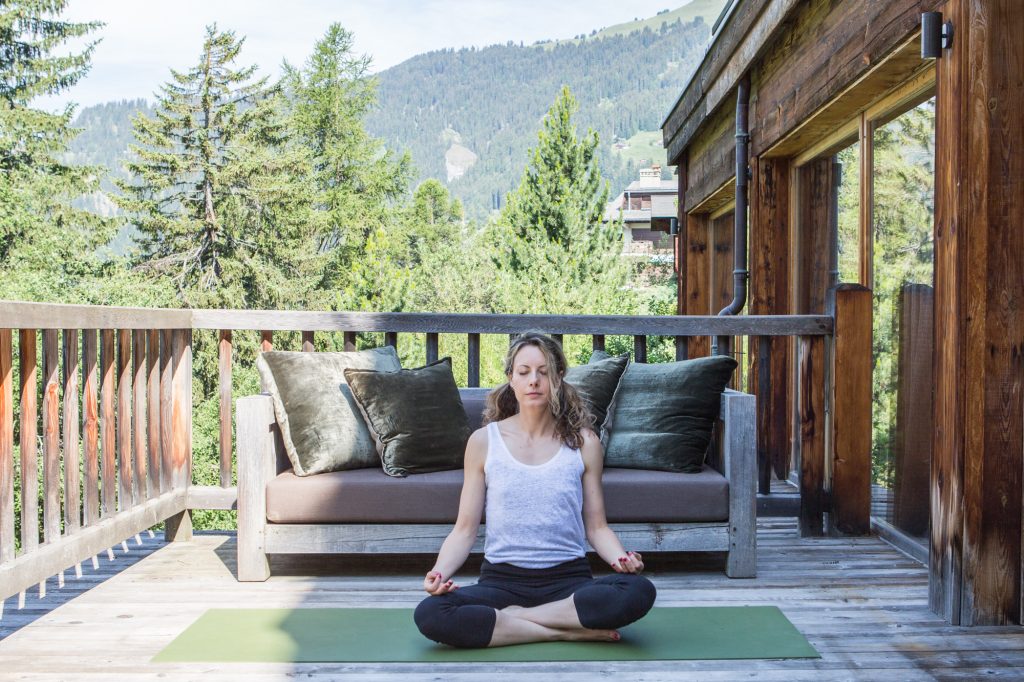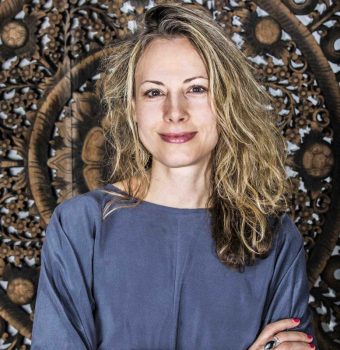
Most of us know that we need to be more present.
- We practice mindfulness to increase our presence to ourselves and to others
- We practice living in the present, trying not to be distracted by thoughts of yesterday, tomorrow, or the myriad to dos, niggling worries, concerns and wishful thoughts that fill our minds on a daily basis
- We try to live with awareness of ourselves and others without judging and criticising, like a neutral observer of whatever is happening inside and outside us, in this present moment.
This all takes daily work, which is why it is called a daily practice.
Something that can distract us from presence is hyper-vigilance, and chronic stress. These can be the result of living stressful lives with too little downtime, conflict and pressure, but it can also come from adverse experiences during childhood.
If as a child you grew up in a stressful environment in which you became chronically hyper-vigilant, years later it may be difficult to be fully present to yourself and to others. Because you are constantly outside yourself, scanning for clues of what might harm you, and because you developed patterns from childhood when you were powerless to act in the face of fear – when instead of being able to fight or flee, you froze, you tuned out, and you became absent in order to survive.
Absence became your coping mechanism, and protected you from a present which felt frightening and overwhelming. As an adult, despite the fact that you are now more powerful, and have tools to help you deal with threatening situations, your limbic system can get triggered by situations which subconsciously remind you of these difficult childhood experiences, your well-worn neural pathways fire, and you zone out and become absent, literally or figuratively.
This desire for absence can have profound and unhealthy consequences in our lives. It can explain how we space out in certain situations; how we don’t show up fully in our relationships with loved ones; how we escape uncomfortable feelings through addictive substances and behaviours. Rather than being able to observe our feelings with detachment, these are so uncomfortable that we crave escape into an altered state of reality through a substance, a behaviour, busyness, or simply into ourselves. We thus leave presence — that state we know we should cultivate for our wellbeing — behind.
I recently figured out that my spaciness when faced with certain situations was a deliberate protection mechanism. I always used to get annoyed with my exhaustion or brain fog, and this echoed my mother’s annoyance with me when I spaced out as a young girl. But I realise now that I spaced out to protect myself from stressful people and situations — whether it was an overbearing, critical or needy adult with poor boundaries, or a trip to an overwhelming shopping mall. I still do this, and the spaciness and brain fog I feel, which I often blamed on hormones, low blood sugar, or exhaustion (which could also be contributors) I now realise is often due to the situation itself which triggers my stress response and old patterns of spacing out — noisy, needy children, long legal and financial documents, people needing my attention and decision on something to do with work or the home, feeling overwhelmed by too much on my plate… All this triggers my limbic system which, given the inability to fight or flee, allows me to freeze by becoming absent.
This is why cultivating presence is so important, because an awareness of the situations in which we can be present — versus those which make us want to become absent — could be indicative of hidden psychological scars, latent trauma, issues that require our attention and care.
Cultivating presence allows us greater self knowledge, and the present is a gift (etymologically, they both originate from “being at hand”) and can bring us great pleasure and insight, when we notice the simple things in life. Even the darker feelings, often the darker feelings — the pain, anger, frustration — can help give us insight into ourselves, our emotions, the wounds that need to be healed, the issues that need examining in order to grow. If we escape them, we escape the lesson. We escape the gift of the present moment.
When we escape present moments that trigger us but don’t present a current danger, we can end up missing out on moments which require our full attention, and which make the stuff of a life well lived, — work meetings (yes, even those!), moments with friends, moments with loved ones.
So the act of cultivating presence is also about being aware of the situations and people which compel us to want to choose absence, and then deliberately choosing presence instead. While also honouring the feelings that make us want to choose absence, and giving them a chance to be heard and to be held.
